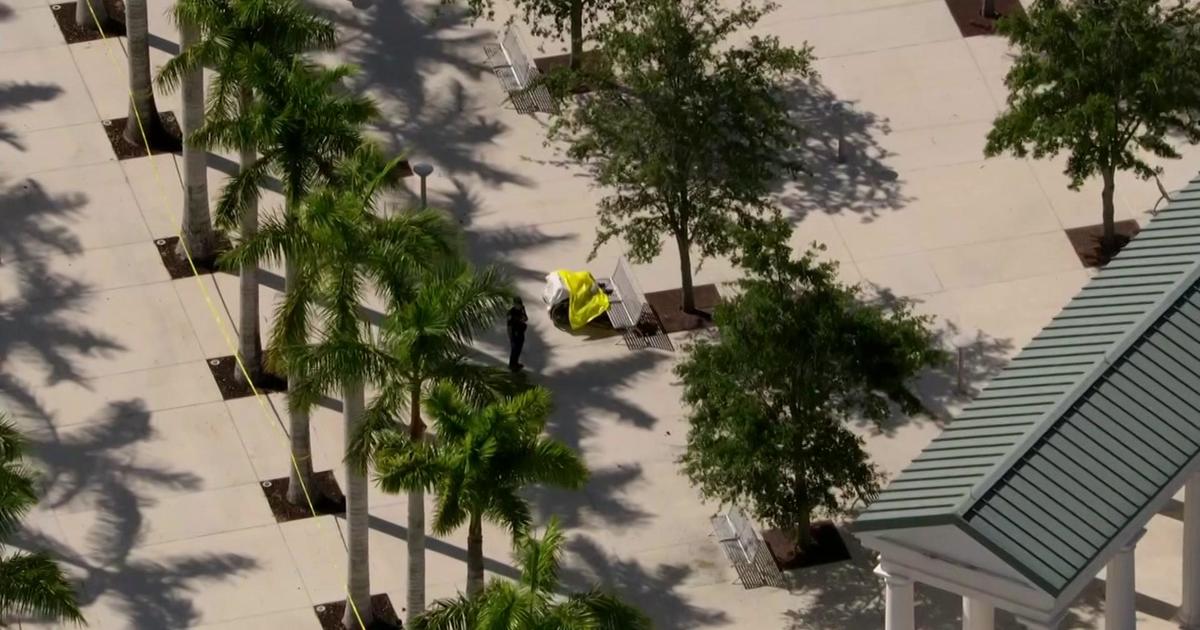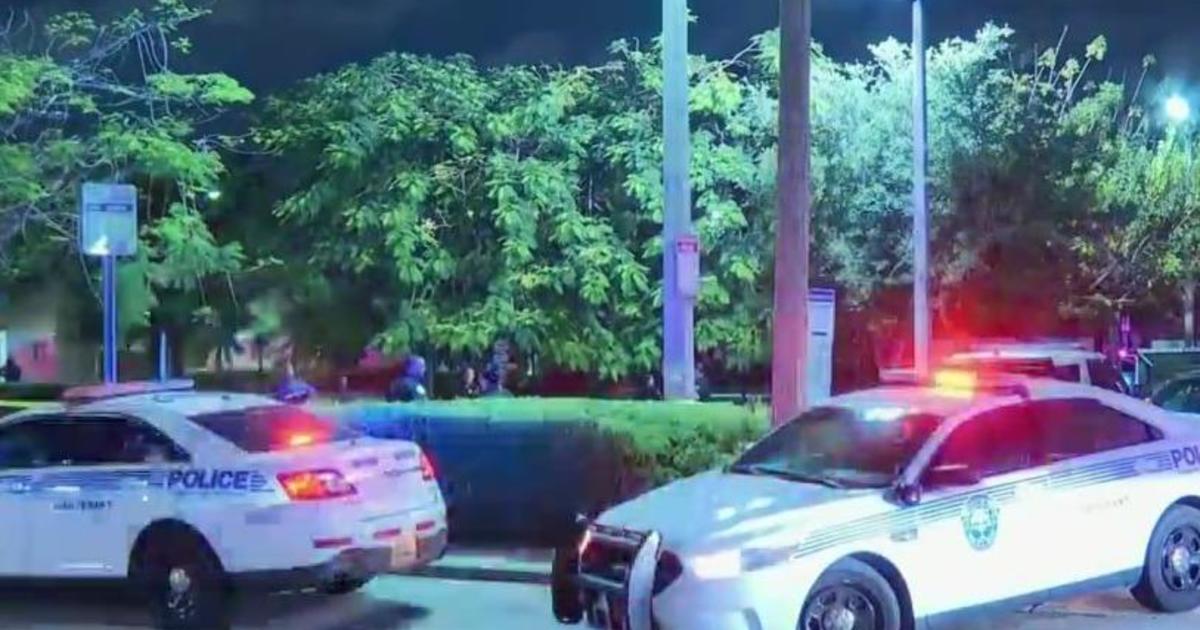UM Cardiologist: COVID-19 Could Have Long Term Heart Effects
MIAMI (CBSMiami) - As people in South Florida try to flatten spiking COVID-19 statistics, medical experts say we need to also turn attention to how the virus can affect people later down the road.
Dr. Raul Mitrani, with the University of Miami's Cardiovascular Division, said while many may think of it as a respiratory illness, he says it can also impact long-term heart health.
"While everyone, appropriately, is focused on the acute treatment of COVID-19 and the prevention of COVID-19, which is so important," Dr. Mitrani said, "We're looking to raise the flag to say, hey, all these millions of people who had the infection, they may have had some heart damage."
"We know from early studies that up to 20 to 30 percent of people who are in the hospital with COVID-19 can have some sort of cardiac manifestation," he added.
Mitrani said that could be from the virus itself or it could stem from the effects of inflammation.
In an article he wrote for the journal "Heart Rhythm," he explained up to a third of patients hospitalized from coronavirus have evidence of damage to the muscle tissues of the heart, or higher levels of troponin – a protein released when the heart is damaged.
Since this pandemic is something new everyone is dealing with, there is no research yet on the impact of this down the line.
"We looked at past viral infections of the heart to see how people recover," Mitrani said. "We also looked at how the heart generally recovers from inflammation or stress.
He hopes to see clinical trials that study patients after they leave the hospital to gain more insight. That way, doctors may be able to intervene and potentially prevent long-term heart issues.
Dr. Mitrani pointed out that just because someone feels better, does not mean they will not still be impacted by COVID later on.
"A lot of people do get it that have minimal to no symptoms and seem to recover quickly, but we don't know if there's subtle damage to the heart or lungs," he said. "We may not know that for months or years later. We may never know that. So it's incumbent on everyone to try to prevent getting the disease."
For those who have been hospitalized, some signs Dr. Mitrani said to be mindful of include: unusual shortness of breath, irregular heartbeat, or chest pain. He says those may not necessarily indicate a heart problem but would be worth visiting a cardiologist.



